Global Economic Governance Fellows Program
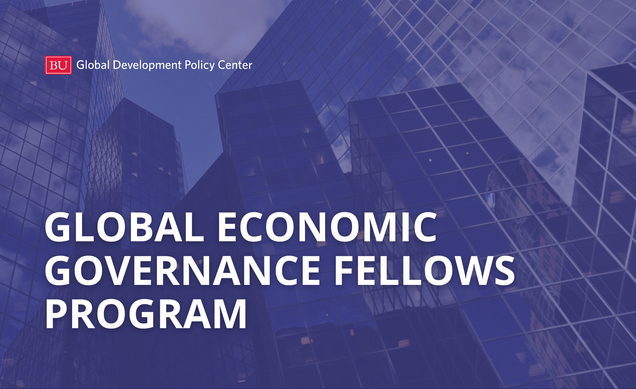
Applications are now open for the 2026/2027 Global Economic Governance Fellows Program.
The Global Economic Governance Initiative (GEGI) was founded in 2008 to advance policy-oriented research on international financial, trade, and development institutions created in the aftermath of World War II that continue to play a leading role in global economic governance. Within GEGI, research is conducted across three thematic programs: climate and development finance, financial stability and development, and trade and investment rules. GEGI also focuses on emerging and cross-cutting challenges such as just transitions, financial stability and climate change. The Initiative hosts flagship programs, such as the Task Force on Climate, Development and the International Financial Architecture.
The Global Economic Governance Fellows Program offers the opportunity to conduct independent research in line with GEGI’s research areas and participate in GEGI’s research projects, policy engagement and Center-wide activities. Fellows support research activities in one or more of the thematic programs, with specific focus on:
- The role of development banks (multilateral, regional or national) in enhancing climate and development action, particularly in mobilizing resources and facilitating a just transition away from fossil fuels;
- The intersection of the international trade and investment rules with the needs of the climate crisis, including green industrialization strategies; and
- Financial stability and development, with a focus on reform of the global debt architecture to be fit-for-purpose, the global financial safety net and the International Monetary Fund.
Fellows will be paired with a GEGI Team Lead on one of the three GEGI workstreams: Climate and Development Finance, Financial Stability, and Trade and Investment Rules. They will contribute to GEGI research projects while receiving guidance and support on their own independent research projects. Fellows will spend 20 hours per week contributing to existing GEGI research and 20 hours per week on their own independently-led projects, while receiving guidance and support from their supervising mentor. Fellows are expected to produce one GEGI working paper per appointment year, which is eligible to be published on the GDP Center website pending alignment with GDP Center topic and quality standards.
Applicant Qualifications:
- Enrolled in or graduated from a PhD program. Pre-doctoral fellows must be enrolled in doctoral programs. The GDP Center will accept applications from all disciplines, especially the natural and social sciences, engineering, and business.
- Strong research interest in one or more of the GEGI areas of focus: development finance institutions, trade and investment rules, and financial stability.
- Quantitative and/or qualitative methodological expertise as appropriate, specifically with Excel and Tableau
The majority of the fellowships will be awarded for the
A cover letter that demonstrates interest and experience in GEGI – related research. A current curriculum vitae. A 1 – 2 page individual working paper proposal that outlines the research question(s), methodology, research plan and its significance. A writing sample that reflects the candidate’s research interests (no more than 30 pages) Contact information for two references
For international candidates: Any offer of a fellowship is contingent upon the scholar’s ability to secure the appropriate fellowship visa for the United States. International candidates must obtain express approval from their sponsoring institution confirming that they are permitted to earn income from another institution. This requirement is especially important for scholars on a J-1 visa. If you do not currently hold a valid U.S. scholar visa, you may be eligible for J-1 sponsorship through Boston University. It is therefore essential to discuss visa eligibility and requirements in detail before accepting a fellowship at the Boston University GDP Center.
Current Global Economic Governance Fellows
-

Sansan Vincent de Paul Kambou
Pre-doctoral Research Fellow, Global Economic Governance Initiative
-

Harry Deng
Pre-doctoral Research Fellow, Global Economic Governance Initiative
-
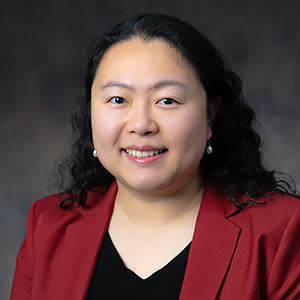
Lin Shi
Post-doctoral Research Fellow, Global Economic Governance Initiative
-
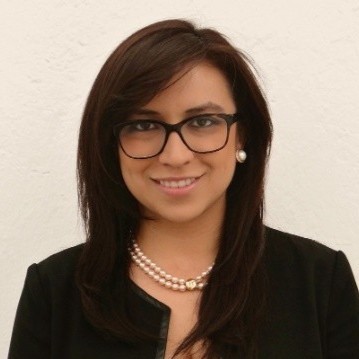
Ana María Trujillo
Pre-doctoral Research Fellow, Global Economic Governance Initiative
Former Global Economic Governance Fellows
-
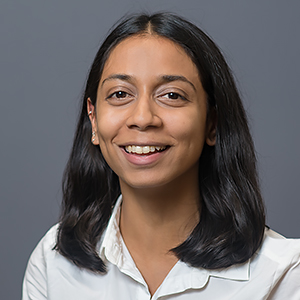
Praveena Bandara
Post-doctoral Research Fellow, Global Economic Governance Initiative
-

Farrah Brown
Research Scientist
-
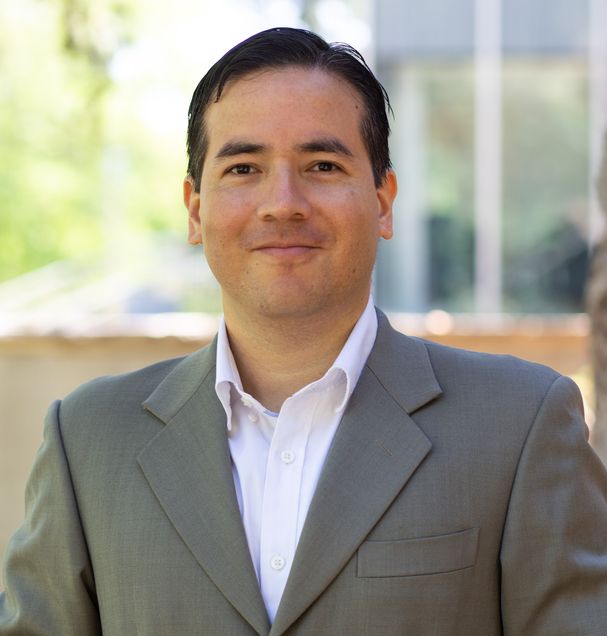
Manuel Cruz
Post-doctoral Research Fellow, Global Economic Governance Initiative
-

Kofi Gunu
Post-doctoral Research Fellow, Global Economic Governance Initiative
-

Nabil Haque
Former Post-doctoral Research Fellow, Global Economic Governance Initiative
-

Niccolò Manych
Former Post-doctoral Research Fellow, Global Economic Governance Initiative
-
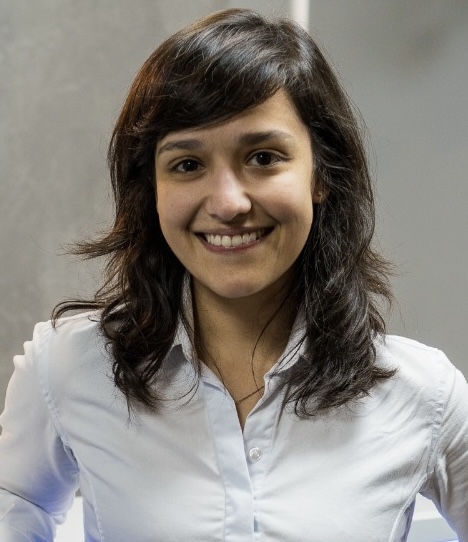
Nathalie Tellez Marins
Post-doctoral Research Fellow, Global Economic Governance Initiative